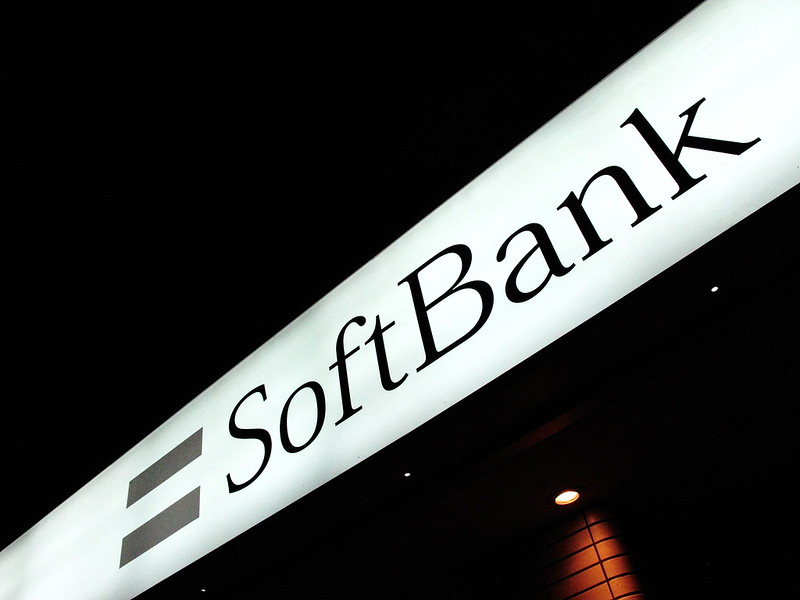SoftBank Group Corp. subsidiary ARM Holdings PLC filed for an initial public offering with the Securities and Exchange Commission on Aug. 21.
Arm is a leading semiconductor and software design company, known for its efficient product architecture that is then sold and used by leading technology manufacturers and sellers.
SoftBank looked to sell Arm to NVIDIA Corp. for $40 billion last year, but the sale was terminated due to regulatory hurdles spearheaded by the U.K. Competition and Markets Authority and the U.S. Federal Trade Commission. In response, Arm began preparations for an IPO, according to a joint statement by Nvidia and SoftBank.
According to Bloomberg, the company IPO is set to be the largest IPO of the year, with a valuation of around $60 to $70 billion. It signals a recovery for the IPO market; however, analysts are worried about the company’s valuation due to its financial metrics, over reliance on the boom in artificial intelligence and SoftBank’s reputation of overvaluing IPOs.
Arm’s prospectus showcases a 1% decrease in revenue and a 5% decrease in net income, while 24.5% of the sales come from an independent entity called “Arm China,” making it the company’s largest customer.
Arm admitted that Arm China can be slow to obtain “timely and accurate information” and that its revenue concentration from its market in China makes it “particularly susceptible to economic and political risk.”
“When you read through the risks that Arm has flagged here, it seems a lot for an investor to digest,” one institutional investor told The Financial Times. “They are asking the market to buy what they admit are some pretty big China risks but at Nvidia multiples, and that will take some effort.”
Arm would cite the growing AI market and expansion of advanced software applications as reasons for going public. The foundling company envisions its growth strategy as investing in AI and machine learning, integrating these tools into its architecture to enable “market-leading performance.”
“What I am interested in most, what I am working on most, is the AI revolution,” Masayoshi Son, CEO of SoftBank, said during an annual general shareholders meeting. “I believe that mankind is going to be exceeded by computers or AI. We would like to be in the leading position for the AI revolution.”
Conditionally, the prospectus showcases little AI gains. The primary revenue source was its business model of licensing products and charging royalties on them through its smartphone business.
Some investors and analysts have concerns that SoftBank and Son are overvaluing their company due to promises of AI-integrated services and a history of failed IPOs and deals.
“SoftBank, you know, is not known as a poster child for good corporate governance,” Jamie Halse, Portfolio manager at Platinum Asset Management, said in an installment of CNBC’s Street Signs Asia. “So, going into an IPO where SoftBank owns 90% of the company you’re buying into, I’d be cautious.”
Before the IPO filing, SoftBank purchased an additional 25% stake in Arm out of the Vision Fund investment unit for $64 billion, hinting at what could be the final valuation of the IPO.
Fair market value is the price a product would sell for in an open market, assuming sellers and buyers — under no time or economic pressure — act in their interests and understand the asset.
Bernstein analysts calculated Arm’s fair market value at around $40 billion, below the reported valuation of $60 to $70 billion.
“AI is this powerful force that seems to have investors’ imagination right now,” CNBC’s Deirdre Bosa said during an episode of Closing Bell: Overtime. “So, if it can capitalize and prove to investors that it is going to be a big beneficiary of this shift, not to the extent of Nvidia, but at least a player in this then it could reach those valuations.”








